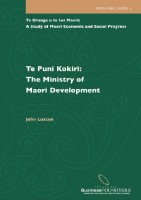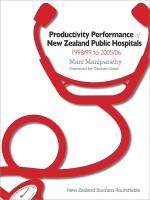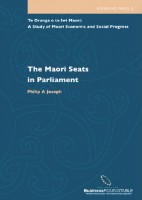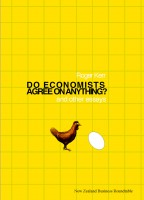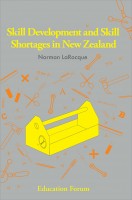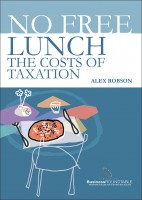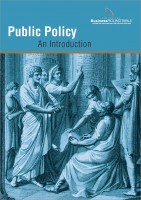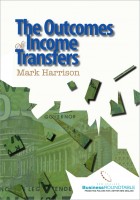
Te Oranga o te Iwi Maori Working Paper 6: The Treaty of Waitangi: The uses and abuses of a ‘living document’
Representatives of two separate and distinct peoples signed the Treaty of Waitangi in 1840. Maori immigrants from the Pacific region, who had lived in isolation on the islands now known as New Zealand for somewhere between 500 and 700 years, had been connected with the rest of the world in the decades following James Cook’s arrival in 1769.1 Their separation from the traders, religions, cultural achievements, military forces and diseases of other nations was inevitably going to end. Read more




